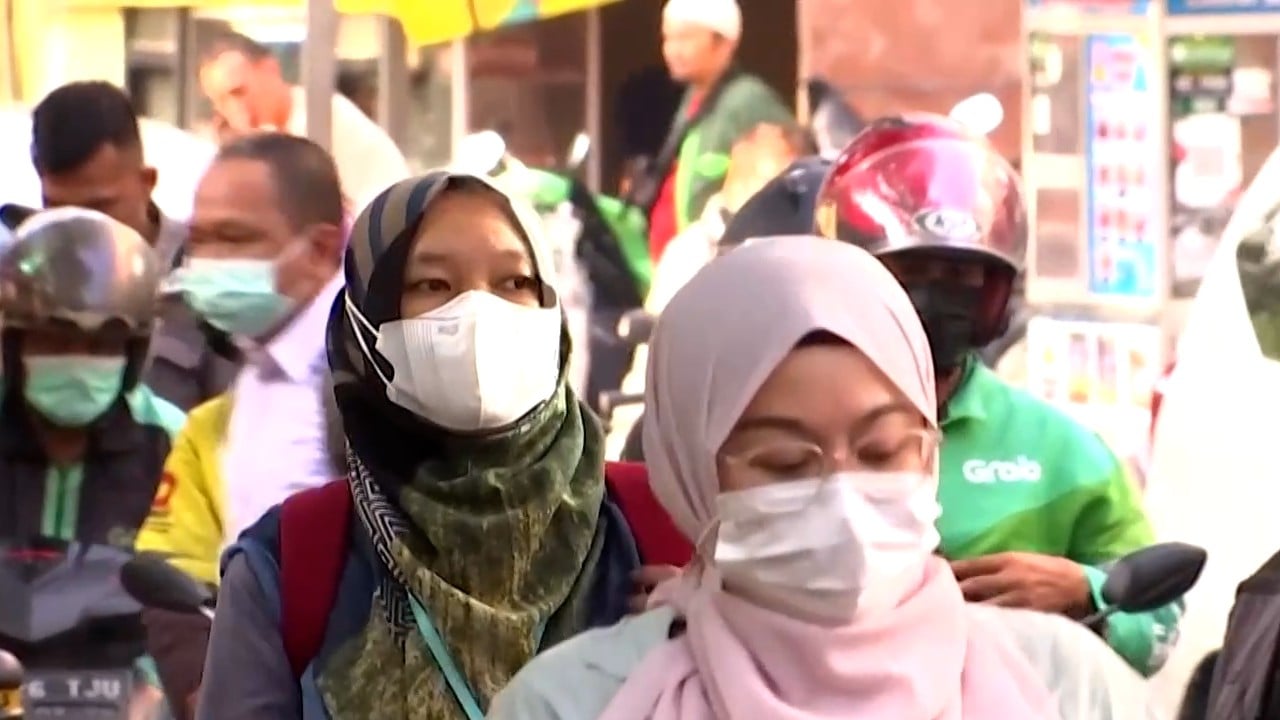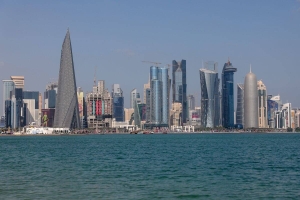Jakarta’s motorists say ‘outrageous’ plan to punish high-emissions vehicles targets the poor
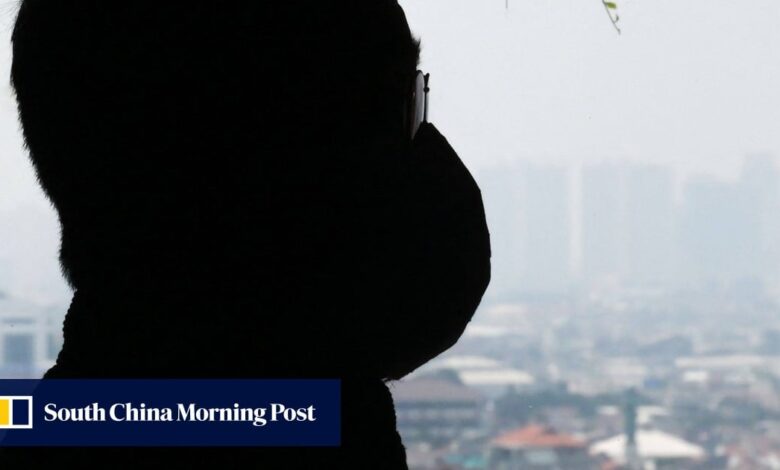
[ad_1]
Yet the city’s attempts to address the issue has revealed the chasm between the logic for cleaner air in Asia’s megacities and the realities faced by lower-income drivers already contending with terrible traffic and unable to upgrade their vehicles.
Motorcyclist Eko Prasetyo, 26, who lives in East Jakarta, is among those already fined in a random police emissions test.
“I had to pay 250,000 rupiah (US$16) because my bike’s emissions were off the charts,” he told This Week in Asia. “That’s more than what I earn in a day, gone just like that!”
The prospect of having to produce an emissions certificate before paying their road tax is not welcomed by many, either.
“This is outrageous!” Fahmi Hidayat, 38, a resident of Kebayoran in Jakarta, said. “They should make it as easy for us to pay our tax. Do they need our money or not?”
In 2021, 39 per cent of Indonesia’s 103 million vehicles were recorded as not having had their road taxes paid.
Hidayat speculated the new test would only create a new loophole for officials to extort money from vehicle owners.
“It’s common knowledge that we can even ‘buy’ a driving licence without taking any test. So why not cash for those failing the emissions test?”
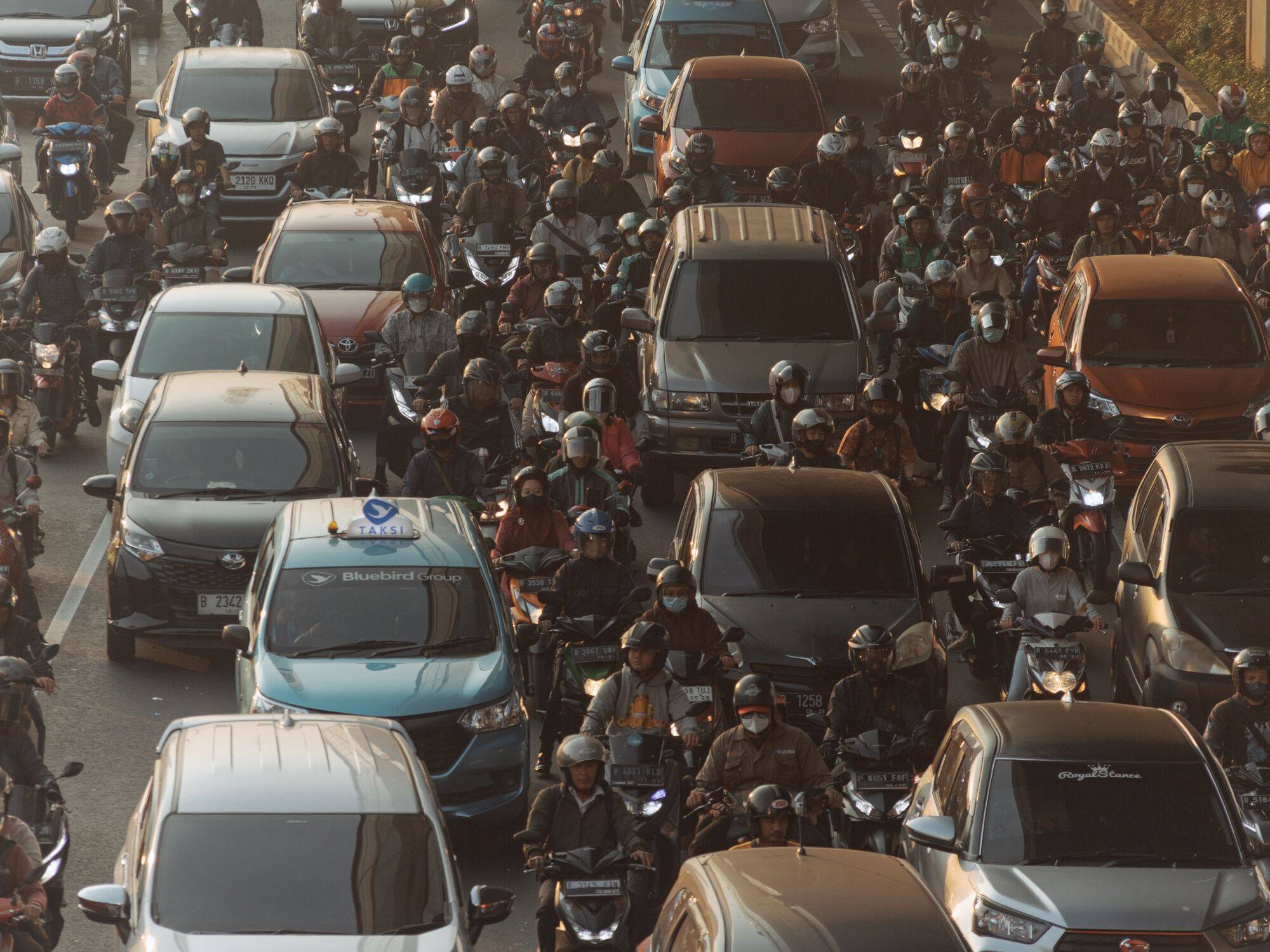
Asep Kuswanto, Department Head of Jakarta’s Environmental Affairs, defended the scheme, saying vehicle owners can have their tests done free of charge at service garages across the city to qualify emissions certificates.
“We have to do our bit for the environment. This is the government’s real action in trying to tackle the worsening air pollution in Jakarta,” he said.
Jakarta pushes rail travel to ease ‘persistent’ smog ahead of Asean meeting
Jakarta pushes rail travel to ease ‘persistent’ smog ahead of Asean meeting
“One major contributing factor (to Jakarta’s pollution levels) is the emissions by the ever-increasing number of vehicles in the city,” said Indonesia’s Minister of the Environment and Forestry Siti Nurbaya earlier this month.
She claimed the transport sector contributed to nearly 97 per cent or equivalent of 28,317 tonnes of carbon dioxide emissions annually, the remainder coming from power plants and other industries.
But public policy expert and former parliamentarian Bambang Haryo Soekartono disagreed, blaming fires linked to palm oil and eucalyptus plantations.
“The real culprit in air pollution [in Jakarta] is the multiple forest fires igniting across the archipelago during the dry season we are in now, something the ministry has failed to curb,” he said.
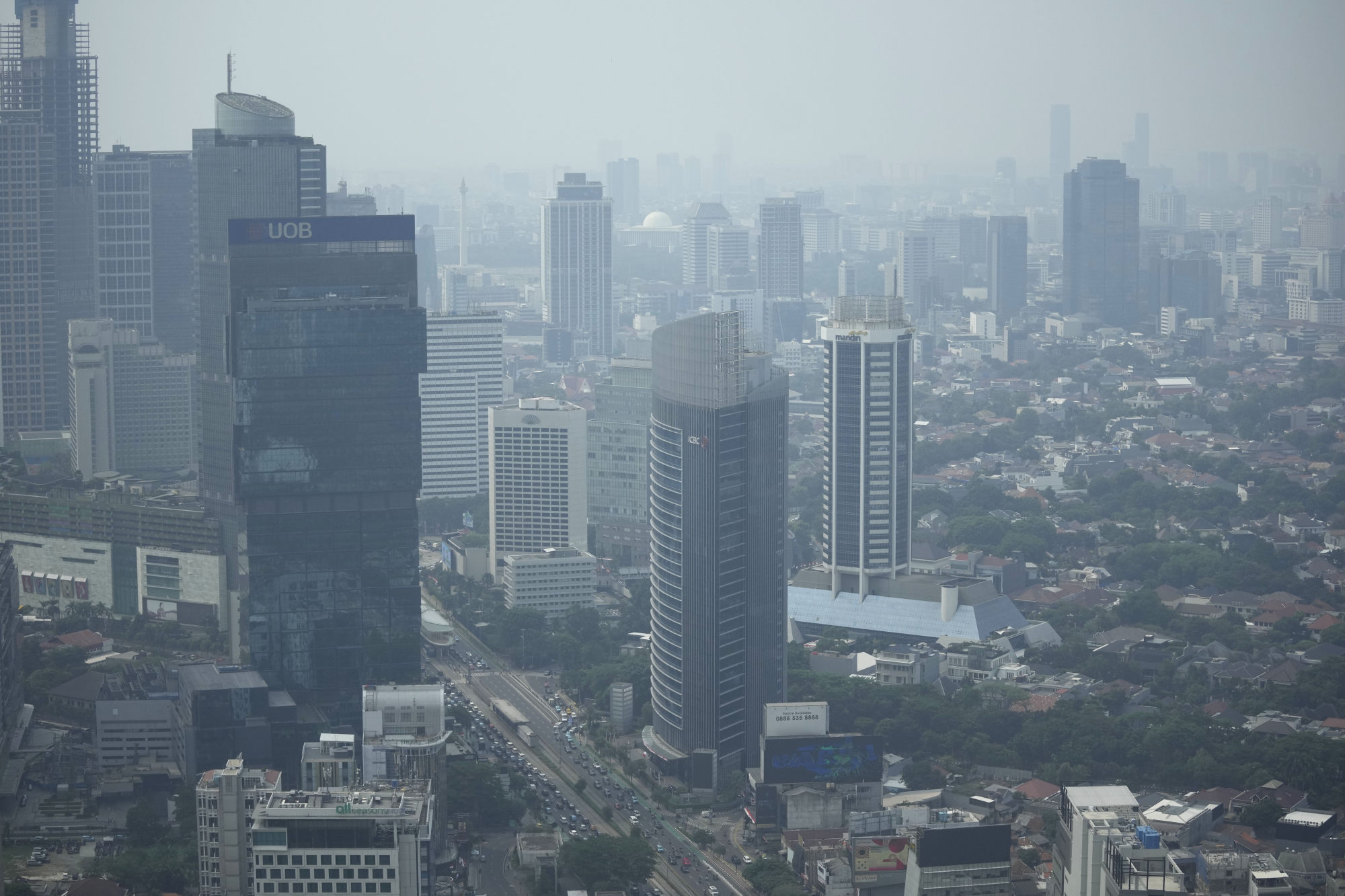
Soekartono pointed out 5,000 hotspots had been detected in recent years across Indonesia, producing hazardous airborne pollutants.
He said it was unfair of the government to shift the blame on the public for their vehicle emissions or even industrial activities.
“It’s a huge cop-out by the government when they should be tackling bigger problems like forest fires.”
But Soekartono does not believe the “green economy” is necessarily the path Indonesia should take.
His scepticism of government solutions finds echoes – and amplifications – across Indonesia, where suspicion, misinformation and mistrust have embedded a culture of climate crisis denial.
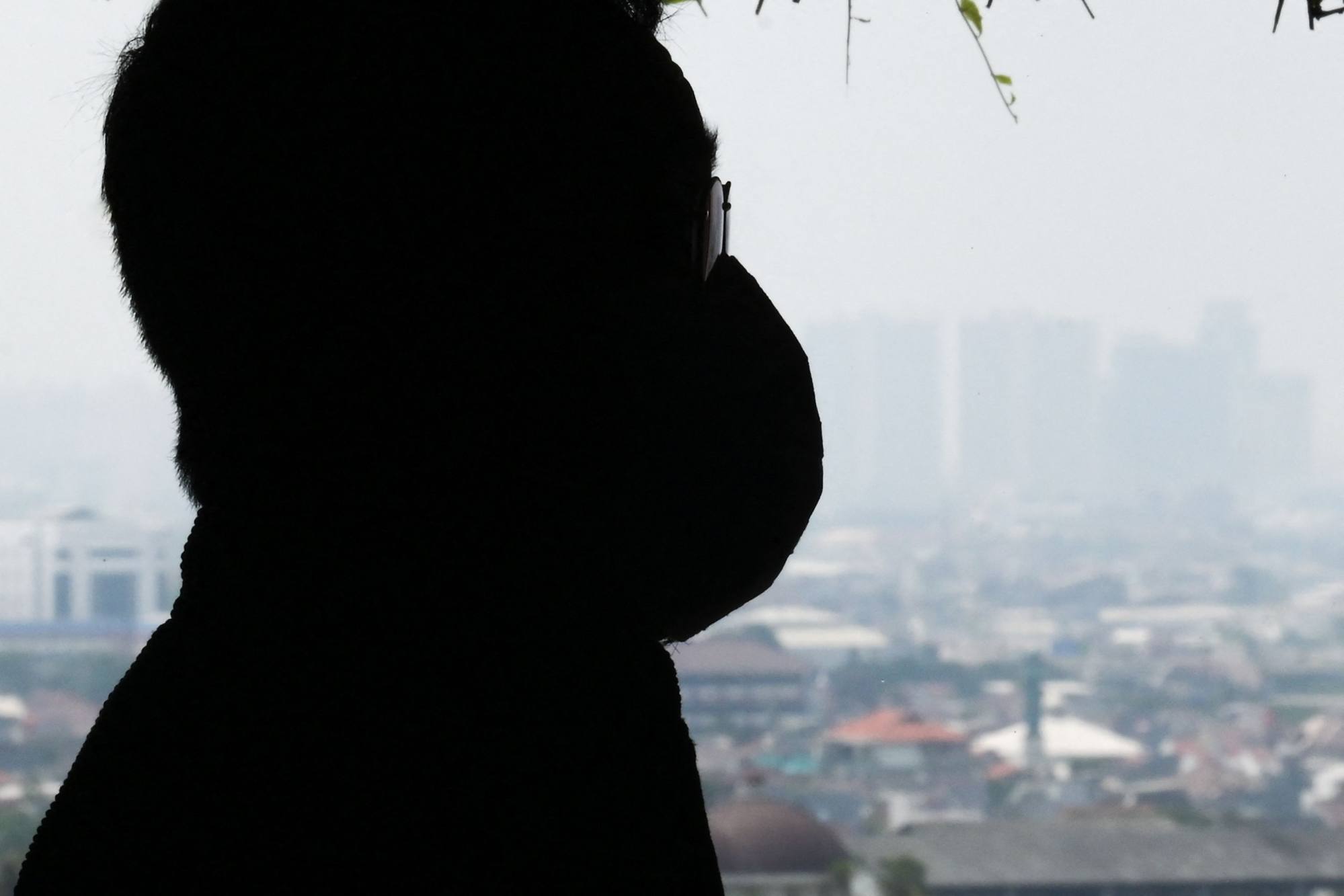
A 2020 YouGov public poll found 21 per cent of Indonesians did not believe in global warming or climate change, the highest percentage of climate change deniers in anywhere in the world.
In Surabaya, where the emissions test will begin next month, small business owner Lukito Hermawan, 45, speculated bigger economic motives beyond were at play.
“It sounds like a capitulation to foreign interests to me. Maybe they will force us to buy electric vehicles next?”
Hermawan, who drives a car, repeated a well-worn narrative of climate change as a “hoax”, designed by rich industrialised nations to keep their poorer counterparts under-developed, adding Indonesia should not be “engulfed” in the global “craze” for green energy.
But even for 26-year-old Khofifah Andini who believes in the need to address global heating, the vehicle emissions test is an unwanted “extra burden”.
Andini, who rides an eight-year-old motorbike, said she could not afford a new one if her old bike failed the test.
“The easy way out would be to bribe the police to turn a blind eye. That’s wrong, I know, but what else could anyone do?”
[ad_2]
Source link


